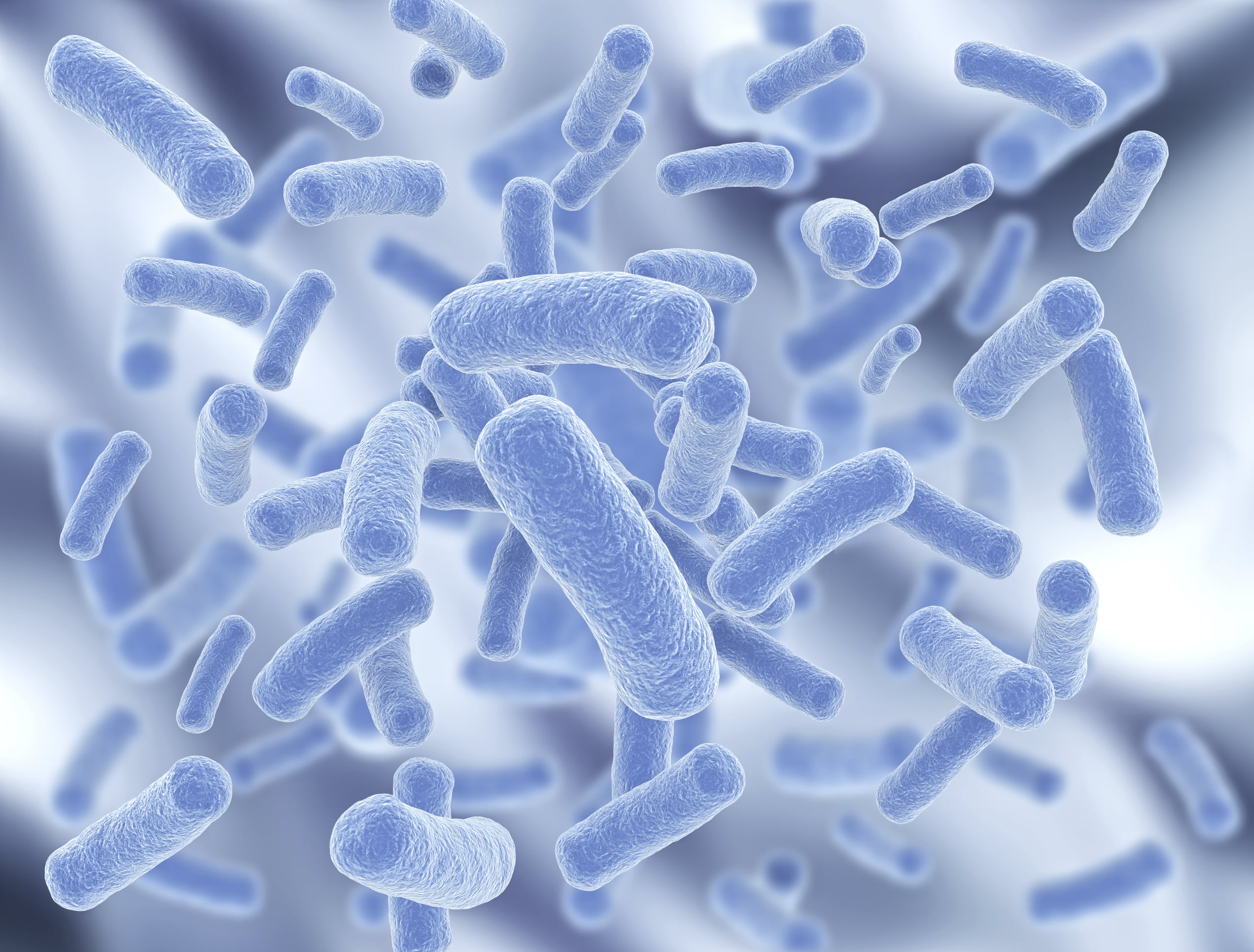
It outnumbers the body?s cells 10 to 1, but is still underrated. It influences digestive tract ailments, systemic diseases, and possibly the likelihood of cancer. It is the true boss of our bodies. So why do doctors seldom talk about it? When things go wrong with it, there isn?t a cure that can be patented.
I want you to think about being stuck in a traffic jam. You aren?t late for anything and you have no appointments to get to. You may stay calm and listen to the radio, inching forward to the slow beat of your tunes. Or you may get nervous, anxious, agitated, and develop high blood pressure, ready to explode if any car tries to cut in front of you. Why is this?
With the calm reaction, the body is responding to the stimuli with a normal response, called a Th1 response. With the road rage scenario, the body may be responding with a reaction that is linked to multiple sclerosis, rheumatoid arthritis, Crohn?s disease, and cancer, called a Th17 response. Surprisingly, it can be the physical body that reacts to everyday situations, not a rational thought process. So what exactly is it that makes the body respond in a healthy way or in a deadly way?
Basic research results suggest that our microbiota (the body?s microorganisms) is what?s responding. No wonder?the microorganisms living in and on the human body outnumber cells in the entire body 10 to 1. That?s right, ten times the amount of cells in the body. The microbiota is the true boss of the human body.
There is a huge concentration of microbiota specifically in the gut, which has a wide effect on the rest of the body. This is often called gut flora. These microorganisms play a big part in digestive aid, vitamin production and absorption, enzyme creation, immune system training, prevention of harmful growth, and fat storage (we will talk about the important link to obesity next week!).
Microbiota also affects systemic diseases like diabetes. Basically, it tells the entire body how to respond: the right way, supporting the immune system, or the wrong way, navigating toward problems, including possible cancer. In order to prevent major health disasters in the future, it?s crucial to know if your microbiota is healthy.
Unfortunately, there are no easy, detectable symptoms to alert you of a problem. The best way is to get the microbiota in the gut tested by a laboratory. Since we have the ability to check, it is worth making sure everything is balanced. There are many elements that can go awry, especially with the gut flora.
Imbalances may not necessarily happen because of good bacteria missing, but sometimes because of bad bacteria?called bacterial overgrowth?present in the gut. A test will show what is extra or missing?examples could be parasites, worms, bacterial overgrowth, or yeast overgrowth. After getting results back about the good and bad bacteria in your gut, it?s time to fix any problems. Lucky for us, there are wonderful, natural ways to balance microbial issues.
First, if you have bad bacteria present in the gut (or even parasites), treatment is a choice between antibiotics and natural antibacterial substances, like garlic and various oils. If you do take antibiotics, make sure you are taking the right ones for your body?s balance. A physician should assist with this.
Second, if you are missing beneficial bacteria, the only effective way to replace it is to take a nearly forgotten and frequently underrated supplement?probiotics.
Probiotics are essential to replacing the gut flora. It can set a person back to their normal, tip-top shape. But while probiotics could protect people from ailments as serious as cancer, there is no abundance of studies that I have found that set out to test or prove this, nor is it likely there will be any in the near future. The beneficial bacteria found in probiotics is natural, meaning it cannot be patented.
Patented or not, consult your doctor to know exactly which probiotics are best for you. The quality needs to be excellent; prescription probiotics cost around 300 dollars a month. It?s possible to buy 20-dollar over-the-counter probiotics, but the chances that this quality of product can help you are slim. I know 300 dollars seems steep, but believe me, it?s a lot cheaper than a serious disease.
Probiotics aside, there are simple, natural ways to protect your healthy gut bacteria.
1. Do no harm to the gut flora you already have. It?s easy to kill the good bacteria with antibiotics or junk food. Yes, you read that right?processed food can kill good bacteria. Even though junk can be fun to eat, too many carbohydrates can stimulate bad bacteria, create yeast overgrowth, or eliminate the ?good guys? currently present in your gut.
2. Try to maximize the amount of raw food that you eat, but on one condition?make sure your digestive system is healthy first. If not, it is vital to fix it before eating raw. And of course, always consider the safety and quality of any raw food.
3. Check the results of your changes. Sometimes even if you have taken probiotics, the good bacteria may not always stay put in your gut, so it?s vital to keep testing your gut flora. If this is the case, it means another issue is at the root of the problem, causing the bacteria to leave. However, this can be found and addressed with the care of a good physician!
If you are interested in learning more about probiotics or want to test your gut flora, come in for a visit anytime so we can take a look at the health of your ?body?s boss.? Who knows, this simple preventative measure may change the course of your entire life for the better!
1. http://www.nih.gov/news/health/jun2012/nhgri-13.htm
2. http://commonfund.nih.gov/hmp/programhighlights#biome
3. http://www.gutmicrobiotawatch.org/gut-microbiota-info/
4. http://www.fao.org/food/food-safety-quality/a-z-index/probiotics/en/
5. http://humanfoodproject.com/what-can-a-100-year-old-irish-grandmother-t…

